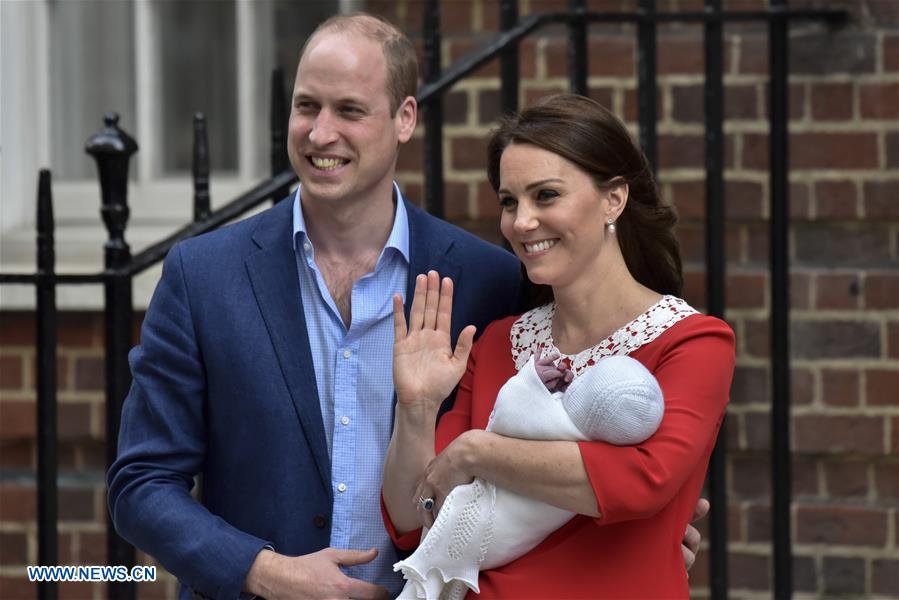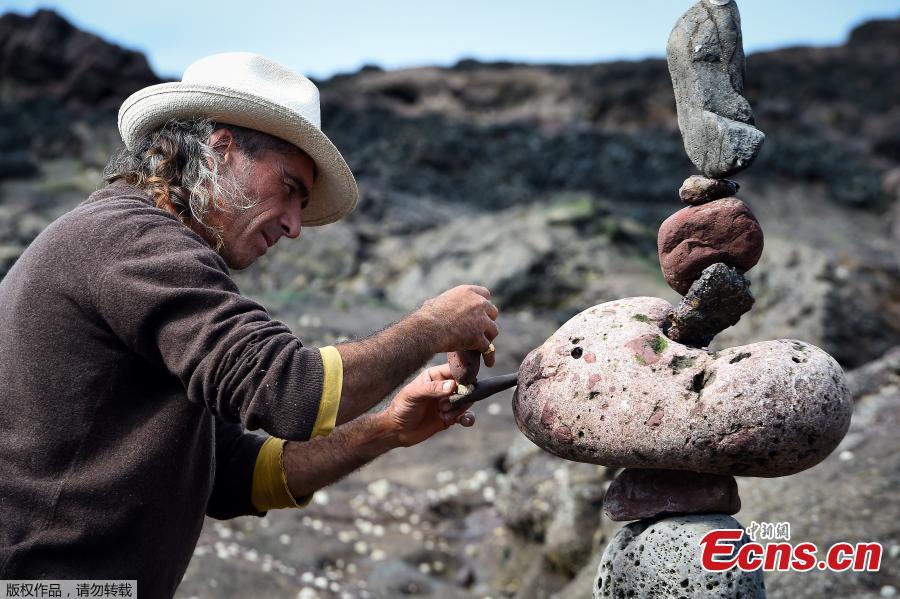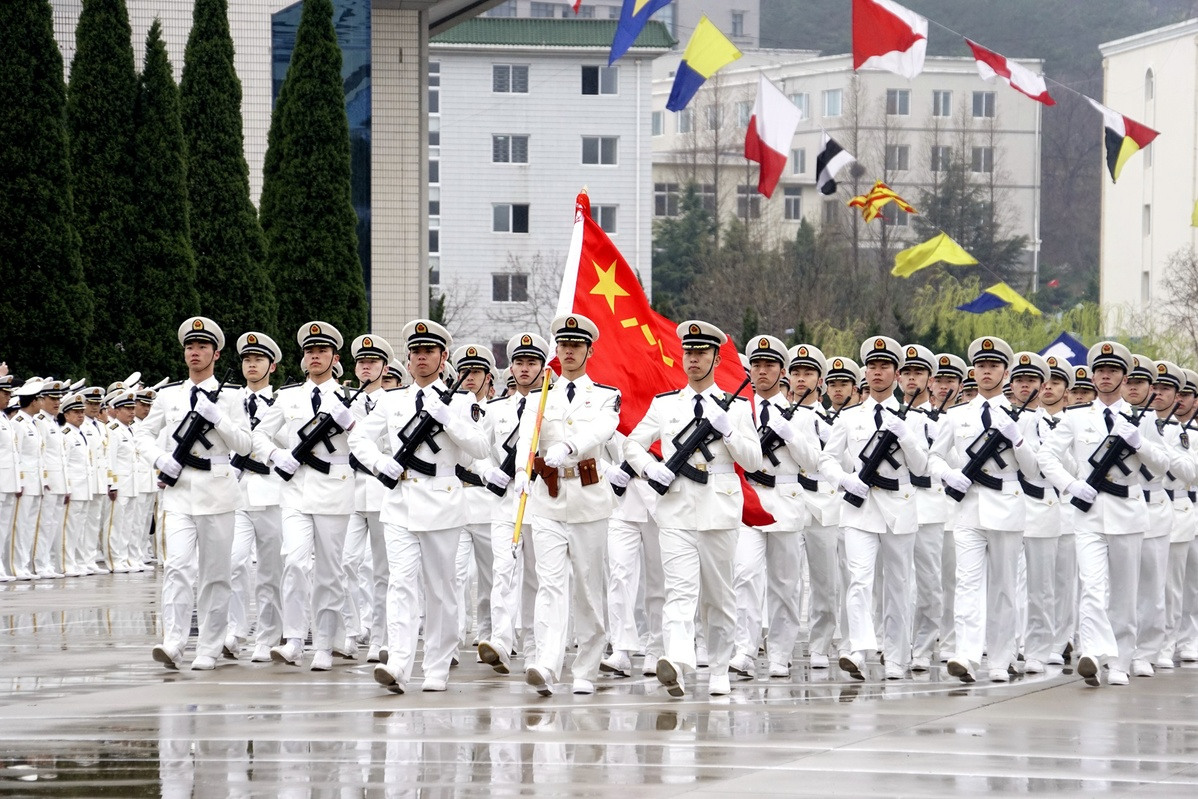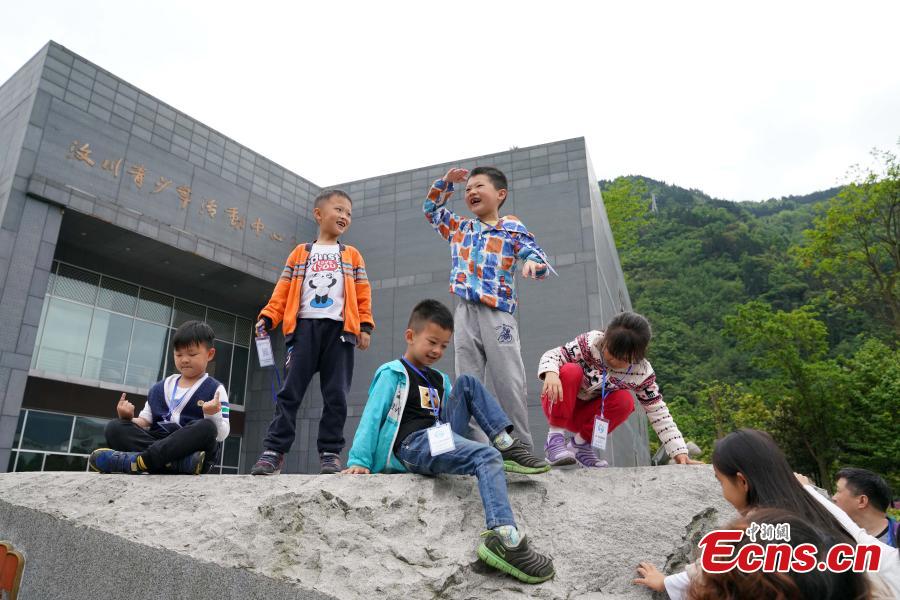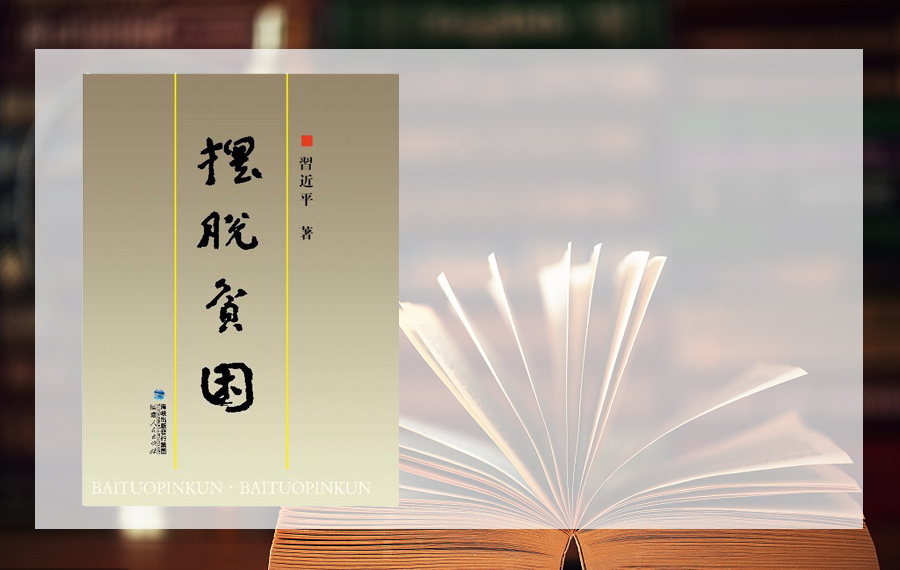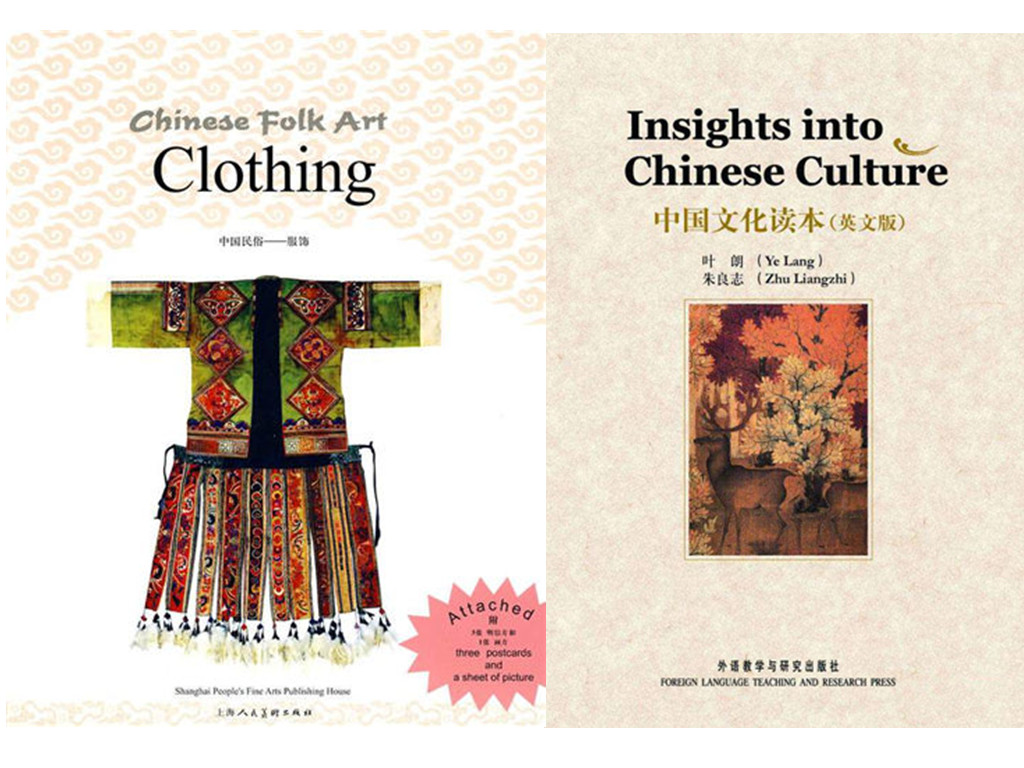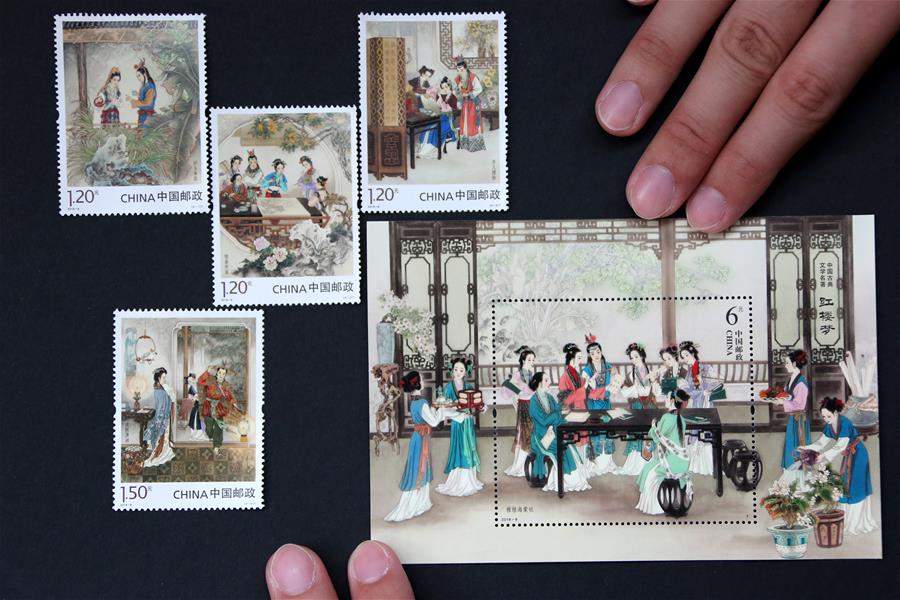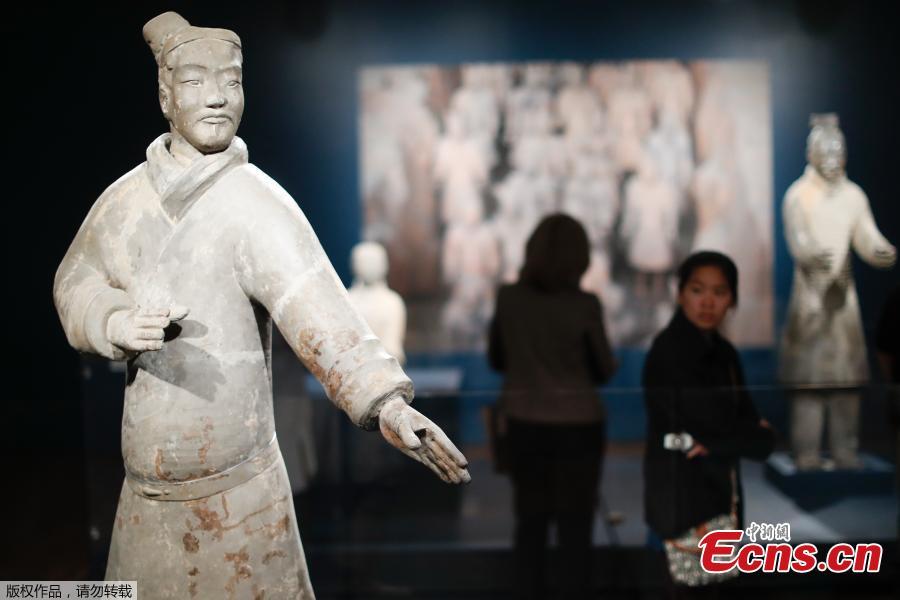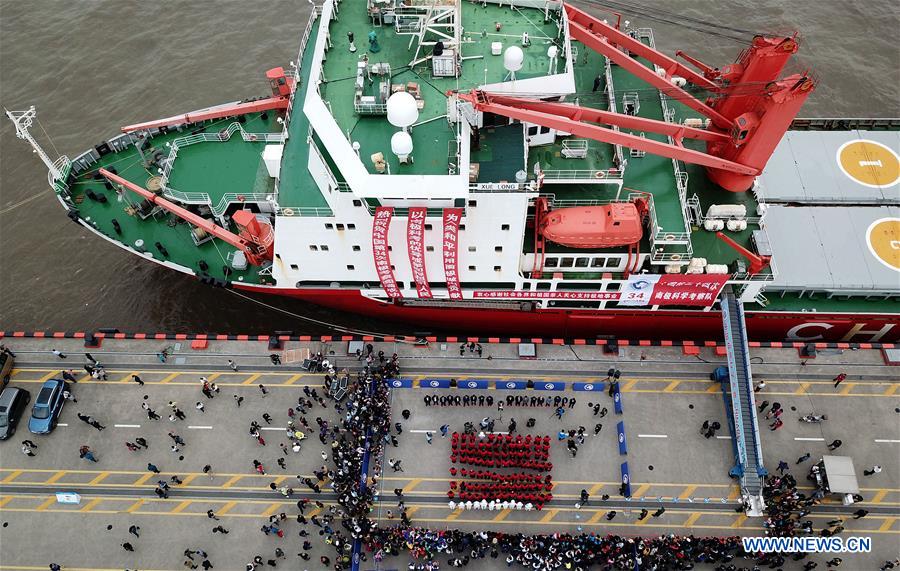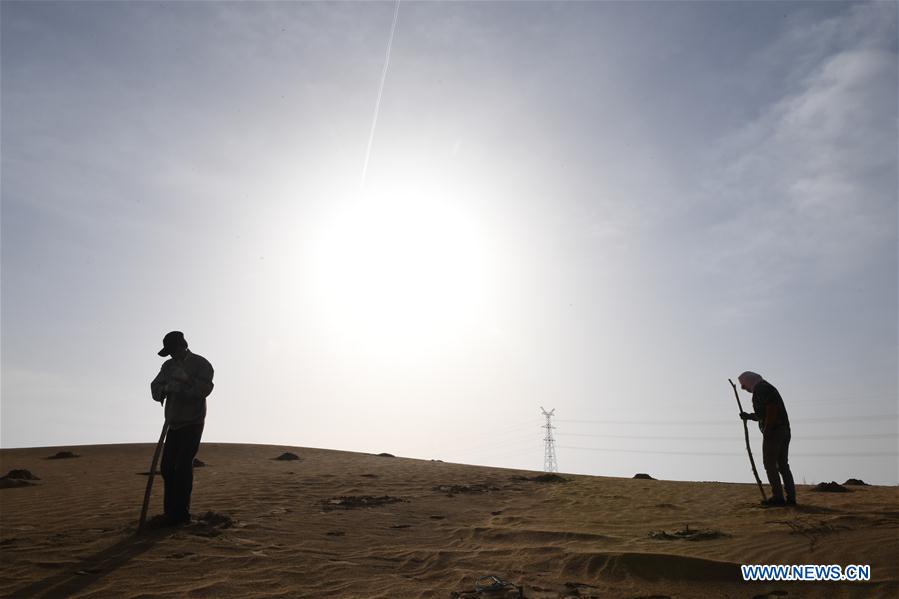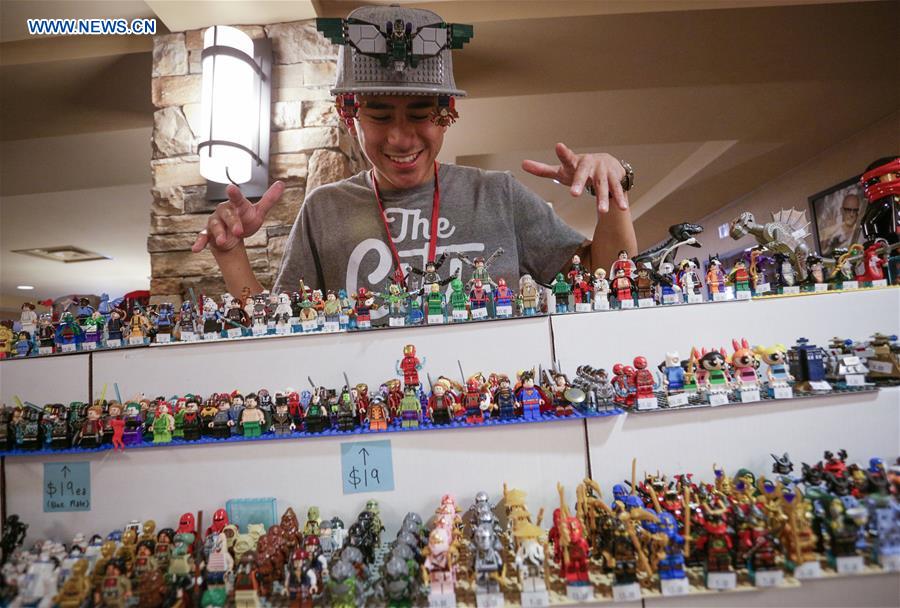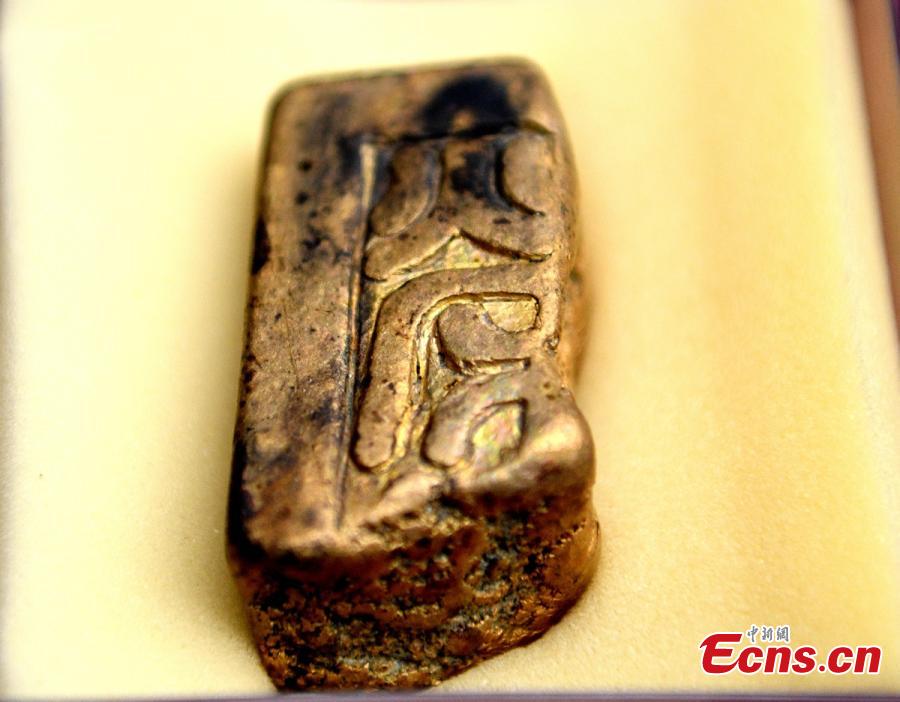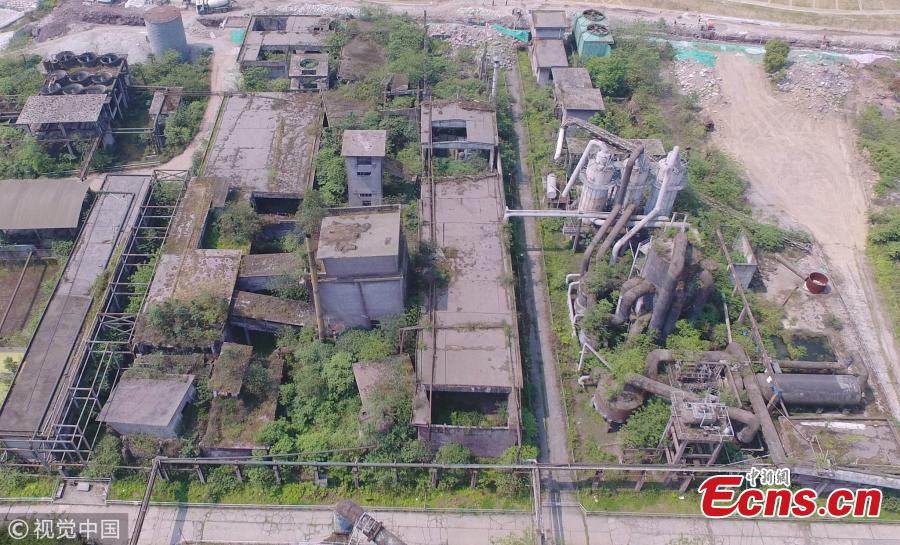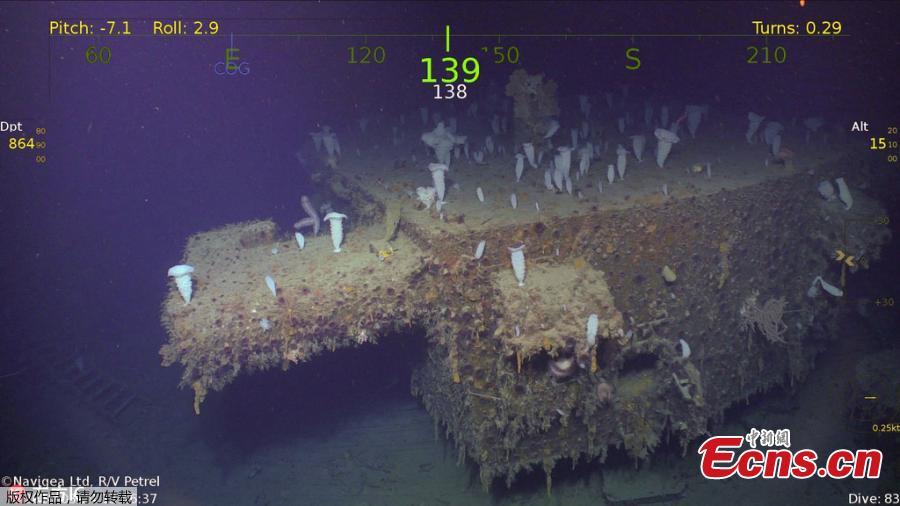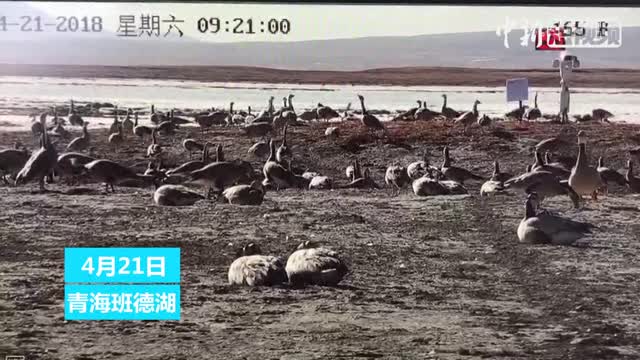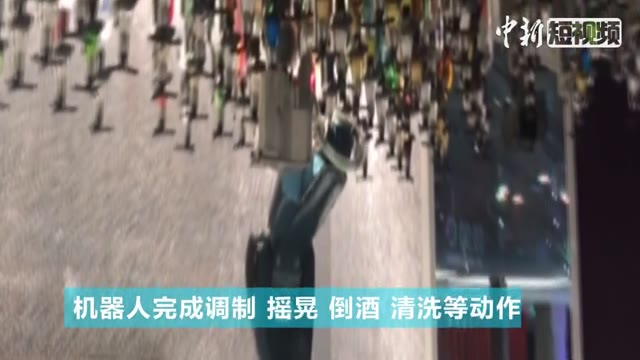More details have been revealed on the case of Guo Wengui, one of China's most-wanted fugitives, who allegedly forged official state documents to mislead the public.
Guo instructed and instigated suspects, twin brothers Chen Zhiyu and Chen Zhiheng, to forge the documents, officials from Chongqing Municipal Public Security Bureau in southwest China said at a news briefing Monday.
SOURCES OF DOCUMENTS UNCOVERED
It has been proven that the so-called "confidential documents" of the Chinese government, disseminated by Guo Wengui and the Washington Free Beacon, a U.S. political journalism website, were all forged by Guo and the Chen brothers.
On Oct. 5, 2017, Guo made public in Washington a so-called "confidential document of the Chinese government" with the self-proclaimed verification of the U.S. government, featuring China's "working plan of secretly dispatching 27 police officers" to the United States on field duty in 2017.
On Jan. 2 this year, the Washington Free Beacon published another such document, featuring China's "decision on conducting communication and coordination work" between China and the Democratic People's Republic of Korea to further a solution to the nuclear issue.
Both documents sent media buzzing, with even the U.S. Department of State claiming their own close attention.
Chongqing police found that since August 2017, Guo has been in league with the Chen brothers, instigating them to forge more than 30 official documents in the name of the Communist Party of China (CPC) Central Committee, the State Council, and related ministries and commissions, before spreading the documents overseas.
Guo and the Chen brothers have also fabricated information claiming that a number of central and provincial government officials had illegitimate children, houses, mistresses and large bank deposits abroad, according to the investigation.
On Feb. 18, Chongqing police arrested Chen Zhiyu and Chen Zhiheng in the provinces of Guangdong and Hunan respectively, and confiscated related items. Both suspects confessed their crime in forging official documents to police.
Police also discovered a large number of forged official documents of state organs in the suspects' computers and hard drives, involving areas such as China's national defense, diplomacy and financial policies. They found fabricated files of the CPC Central Commission for Discipline Inspection.
MONEY "TALKS"
The Chen brothers admitted seeking economic benefits was a major motive for their crime, police said at the briefing.
"I have a child with autism, whose treatment can barely be sustained with my limited income," said Chen Zhiyu. "So I forged the paperwork for Guo in order to get his assistance in both funds and connections."
He and Chen Zhiheng started forging official documents and selling them to overseas institutions in 2013. The former went to reside in Canada in 2012, four years after his brother became a Canadian citizen.
In May 2017, they saw information from Guo Wengui offering a reward for "confidential documents" of the Chinese government, and were immediately lured, resulting in Chen Zhiyu's contact with Guo.
After proving their ability by forging a test "document," the Chen brothers formed a cooperative relationship with Guo, who hired Chen Zhiyu to provide materials.
At Guo's request, Chen Zhiyu travelled to the United States to meet him and his assistant on four occasions.
Guo once told Chen Zhiyu to stop working and concentrate on their "great work," wasting no time. The records of their chats were found on Chen's personal computer and mobile phone, which were confiscated by police.
"Money is not a problem, for sure. I will give you 4,000 U.S. dollars per month and you don't need to worry about it," Guo told Chen, as shown in the chat records.
Guo also promised the Chen brothers a foundation of 50 million U.S. dollars for them to spend.
DEN OF FABRICATION
The brothers confessed that Guo not only knew everything about their official document forgeries, but also gave them advice in person on how to modify the forged documents.
Both possessing professional forgery skills, the brothers had a clear division of work. Chen Zhiyu did the drafting, editing and dissemination of finished documents, while his brother forged the "red headings" and official seals, as well as looked for underground channels to transfer the documents.
Chen Zhiyu said sometimes forging a document could take three or four drafts before a final version was completed, and in many cases it took about a week to forge one official document.
Police have taken coercive measures against the Chen brothers, which may include summons by force, bail, residential surveillance, detention or arrest.
Police will work with U.S. law enforcement to further investigate the case of Guo, who falsely claimed the forged documents were verified by U.S. government institutions such as the FBI, and offered political funds to several members of the U.S. Congress and former officials of the U.S. government.
Chongqing police said that they are determined to safeguard national political security and state interests, and will resolutely inhibit the crime of forging official documents of state organs.
Related story: Fugitive used forgers to produce 'revelations', police say
Guo Wengui, one of China's most wanted fugitives, is alleged to have put two people up to forging national-level official documents that were used in so-called revelations online as a way to seek political asylum in the United States, Chinese police said on Monday.
Guo, 51, fled China after being accused of multiple crimes in 2014. He is currently in the U.S. and listed on an Interpol red notice, a high-level alert for those wanted for extradition. >>>












